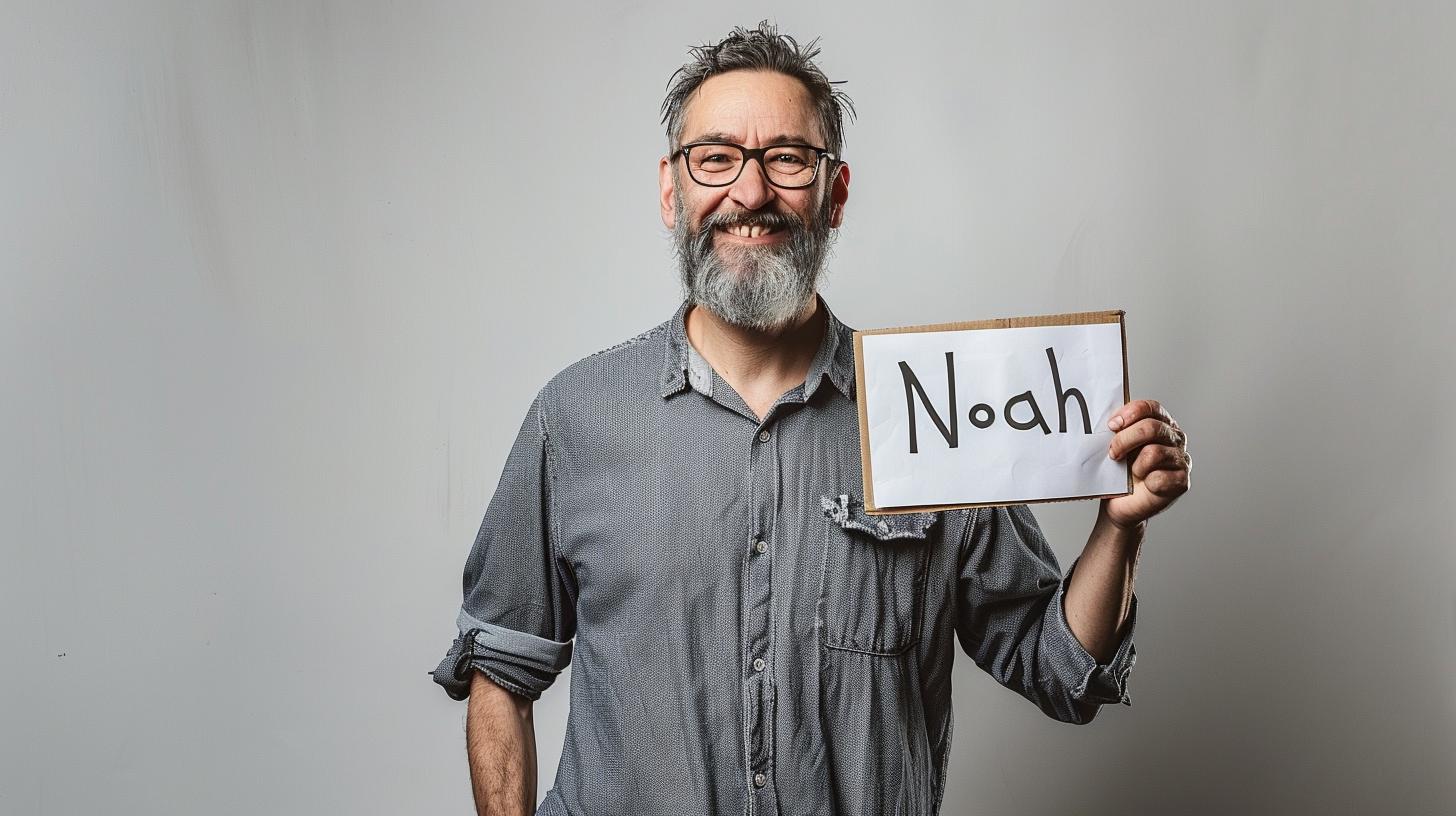Nadya Tolokonnikova, a prominent figure in the Russian feminist punk rock group Pussy Riot, continues to resonate as an artist and activist despite the tumultuous landscape of Russian politics and the ongoing war in Ukraine. Known for her provocative performances and activism, she maintains a connection to her roots while highlighting the complexities of her relationship with Russian culture, particularly its Orthodox traditions.
Currently in Berlin for her exhibition titled "Wanted" at Galerie Nagel Draxler, Tolokonnikova showcases a range of work that explores her experiences during imprisonment and her ongoing activism. The exhibition includes a replica of her former prison cell—constructed during her time in a notorious Russian penal colony—and a screening of her performance "Putin’s Ashes," which contributed to her being placed on Russia's wanted list. Notably, her artwork incorporates traditional Slavic calligraphy and features religious icons adorned with Pussy Riot's signature ski masks, revealing a juxtaposition of reverence and rebellion.
In an interview, Tolokonnikova expressed her feelings towards the Orthodox Church, stating, “I don’t have any hatred of the Orthodox church. I don’t like the corrupt elements, but it is a part of the heritage our country can actually be proud of.” This contrast highlights the often misunderstood motivations behind the group's actions, which included a notorious "punk prayer" performance in Moscow’s Cathedral of Christ the Saviour that was labelled as blasphemy by the Russian Orthodox Church. Her reflections challenge the perception of her as merely an adversary of religious sentiment, suggesting a deeper dialogue with her cultural background.
The Punk Prayer, which took place over a decade ago, initially seemed to ignite a spark of resistance against Vladimir Putin's regime; however, Tolokonnikova reflects on how the world might have misperceived the strength of Russian society, remarking, “The fact that you saw it as strong may have been a factor in it believing it actually was.” Despite the initial wave of support for Pussy Riot, the anticipated revolution never materialised, and Tolokonnikova acknowledges a shift in her hopes for political leadership following the death of opposition leader Alexei Navalny in 2022.
Her current exhibition also demonstrates a more personal side of her experiences. Alongside the replica cell are materials that bring her incarceration to life, including her prison badge and drawings from her young daughter—objects that reflect both the emotional weight of her struggles and the reality of life behind bars. The installation is a testament to the brutal conditions she faced, as expressed in her writings about the high-security penal colonies notorious for their harsh treatment of inmates.
In a moment of candour, Tolokonnikova commented on her ongoing struggles, saying, "I’m sad. Ever since the full-scale invasion of Ukraine started, I feel … defeated." Despite this, she remains committed to her art and activism, suggesting that, like the musician who played aboard the Titanic, she continues to lift spirits even in dire circumstances.
Her artistic endeavours are not without controversy; in 2021, she launched an OnlyFans account to support herself financially, a decision that sparked discussions about the commodification of art and activism. While she acknowledges the complexities of this choice, she insists on the authenticity of her motivations, stating, “One needs to eat and pay the bills and pay for the kids’ education, and that’s how I do it.”
As she engages with her audience, Tolokonnikova’s work resonates with themes of resilience and enduring hope. She asserts, “I do still have hope. It’s just not revolution. It’s more subtle and it’s more long-term.” This nuanced perspective reflects her understanding of the gradual shifts that can occur in society, suggesting a commitment to continuing her work in the face of adversity while holding onto the belief that change is possible.
In a poignant moment, she held up a crucifix adorned with a collage that starkly contrasts religious iconography with explicit images, illustrating the evolving nature of her art and message. This blend of the sacred and the provocative continues to challenge societal norms and encourages dialogue around issues of freedom, identity, and expression within a complex global landscape.
Source: Noah Wire Services
